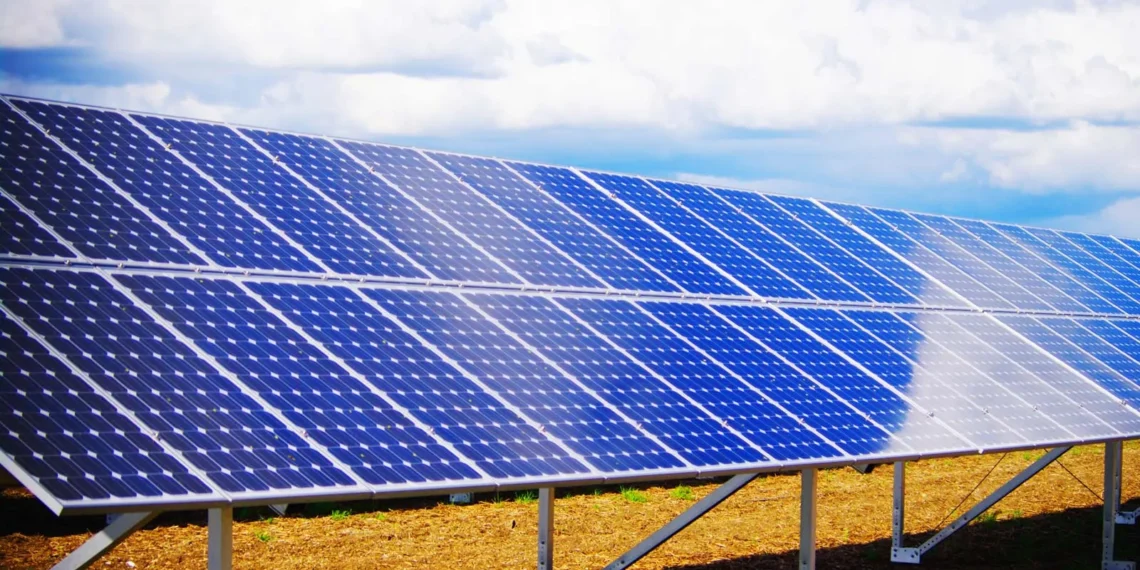The Federal Government has taken 24 Universities off the National Grid, transitioning all institutions to solar energy. The initiative, under the Energising Education Project, has already seen 24 universities successfully disconnected from the national power supply and switched to independent solar mini-grids.
Speaking during an inspection of the 3.3MW solar facility at the University of Abuja on Wednesday, May 7, the Minister of Education, Dr. Tunji Alausa, highlighted the significance of the shift to clean energy. He praised President Bola Tinubu’s leadership in pushing for uninterrupted electricity in federal universities, stating the impact will go beyond academics—it will spark new economic activities on campuses and contribute to national growth.
According to Alausa, the University of Abuja’s solar farm is equipped with 6,000 photovoltaic panels, ensuring a 24/7 power supply across laboratories, libraries, classrooms, and hostels. He emphasized that reliable electricity fosters academic excellence, enhances research output, and dramatically improves living and learning conditions for over 600,000 students and 50,000 staff across affected institutions.
The Managing Director of the Rural Electrification Agency (REA), Abba Aliyu, revealed that Phases 1 to 3 of the project have collectively generated over 100 megawatts of electricity. He noted that Phase 3 is nearing completion and includes eight more universities and a teaching hospital—Ahmadu Bello University, Zaria; University of Nigeria, Nsukka; University of Benin; University of Lagos; University of Ibadan; Obafemi Awolowo University, Ile-Ife; Federal University Dutse; and Federal University Wukari.
Related Articles:
- CSOs support Benue community with solar power systems
- Big Solar companies set to overtake oil giants in global energy market
- Delta Community excited as Rural Electrification Agency lights up Streets with Solar Power
Alausa further confirmed that the ultimate goal is to move all federal tertiary institutions off the national grid by 2027, powered entirely by renewable energy through support from the Renewable Infrastructure Fund. This massive undertaking aligns with the government’s broader energy independence strategy.
Interestingly, Nigeria’s energy landscape is shifting across multiple sectors. Over 400 major companies, including Dangote Industries, MTN Nigeria, and Flour Mills of Nigeria, have already secured licenses to generate their own captive power. Even the Presidential Villa is going solar in a N10 billion project, marking a significant step towards national energy self-sufficiency.
In a related development, the federal government is also pushing for the local production of solar panels to reduce dependency on imports. A newly signed Memorandum of Understanding (MoU) aims to establish local manufacturing plants, save Nigeria over N200 billion in foreign exchange annually, and create thousands of new jobs.
With this aggressive push for solar adoption in schools, homes, and industries, Nigeria is not just lighting up campuses, it’s powering a brighter, self-reliant future.






